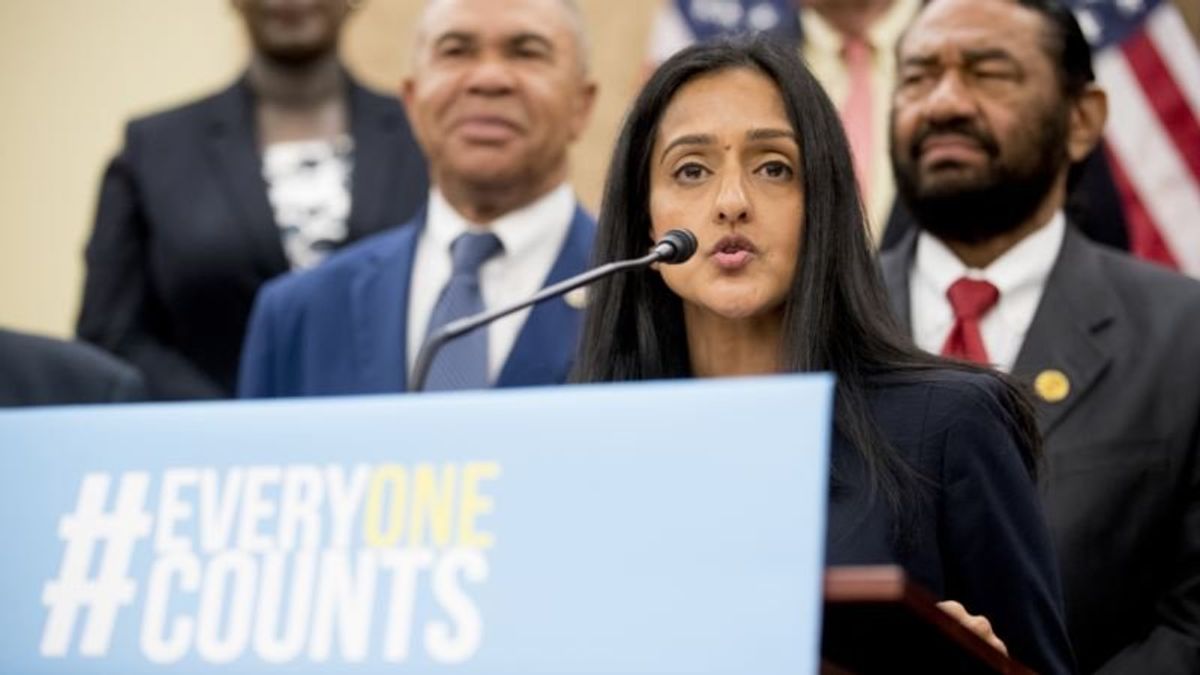
Trial Over Census Citizenship Question to Proceed
Trial Over Census Citizenship Question to Proceed

The U.S. Supreme Court on Friday rejected a request by President Donald Trump’s administration to halt a trial set to begin Monday that will test the legality of the government’s contentious decision to ask people taking part in the 2020 national census whether they are citizens.
The justices announced the action in a one-sentence order.
Three conservative justices — Clarence Thomas, Samuel Alito and Neil Gorsuch — said they would have granted the request to delay the trial. Trump’s new appointee to the nine-member court, Brett Kavanaugh, did not state publicly how he voted on the matter.
The decision helps the 18 states challenging the census citizenship question because an indefinite postponement of the trial could have made it impossible to resolve the dispute before census forms are printed starting next year.

The administration had argued that there should be no trial until the justices rule on a fight over evidence. That dispute includes whether Commerce Secretary Wilbur Ross, whose department oversees the U.S. Census Bureau, should be forced to answer questions under oath about his motivations for the politically charged decision.
Opponents of the citizenship question have said it would deter people in immigrant communities from participating in the census, disproportionately affecting Democratic-leaning states’ electoral representation and federal funding by undercounting the number of residents.
The trial, in federal court in New York City, was scheduled in a pair of lawsuits. The first, spearheaded by Democratic officials, was brought by 18 states as well as a number of cities and counties. The other one was filed by several immigrant rights groups that accused the administration of discrimination against non-white immigrants.
The administration, in explaining the addition of the question to the census form, has said more precise citizenship data is needed to better enforce a voting rights law in order to protect minorities.
 Twitter Deletes 10K Accounts That Sought to Discourage US Voting Next PostUS Supreme Court Allows Climate Change Trial to Go Forward
Twitter Deletes 10K Accounts That Sought to Discourage US Voting Next PostUS Supreme Court Allows Climate Change Trial to Go Forward







